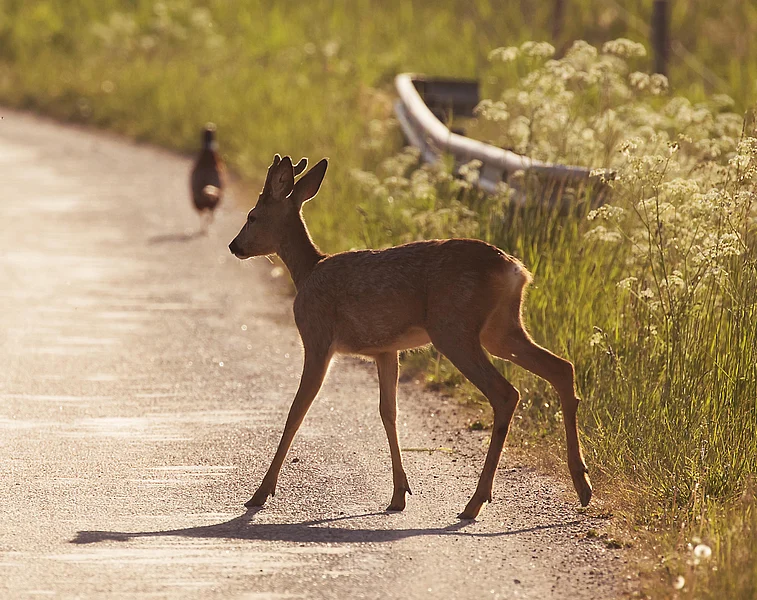Due to a recent change of our website, the process for submitting refill requests online has now changed.
Please click on “Sign Up Today!†to create a new account, and be sure to download our NEW Mobile app!
Thank you for your patience during this transition
Manténgase sano!

- Cara Murez
- Posted July 10, 2023
Scientists Develop 'All Species' COVID Test
Researchers can now detect the COVID-19 virus in any animal using a new all-species test.
It's an advance that they say will help track COVID-19 variants in wild and domesticated animals.
"Highly sensitive and specific diagnostic reagents and assays are urgently needed for rapid detection and implementation of strategies for prevention and control of the infection in animals,"the researchers wrote July 6 in the journal mSphere.
Ying Fang, a virologist and pathobiology professor at University of Illinois Urbana-Champaign, led the research.
SARS-CoV-2, the virus that causes COVID-19, has been detected in cats, dogs, rodents, deer, apes and a variety of farm and zoo animals. It can also mutate in these animal hosts, leading to new variants.
While most coronavirus tests require specialized chemical reagents to detect antibody responses against the virus in each species tested, this one focuses on antibodies against a protein, called the N-protein. That protein is embedded in part of the virus known as the nucleocapsid. The N-protein is a better target for testing, Fang said in a university news release.
"The N-protein is more abundant and it is more conserved than the proteins used in most tests,"she explained.
Because the structure of the protein is more consistent across species, it is a good target for all-species antibody tests, Fang noted.
The researchers validated their test using samples from various animals whose COVID-19 infection status was known. The tests had 97% sensitivity and 98% specificity.
Tests in domestic cats were able to detect infection within seven days of exposure to the virus.
This tool will be useful for surveillance in animal populations and helping scientists prevent future disease outbreaks, Fang said.
The U.S. National Institutes of Health supported this research.
More information
The U.S. Centers for Disease Control and Prevention has more on COVID-19 and animals.
SOURCE: University of Illinois at Urbana-Champaign, news release, July 6, 2023
